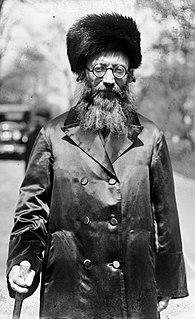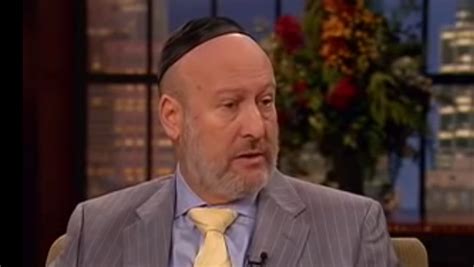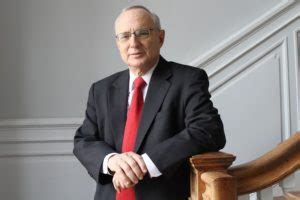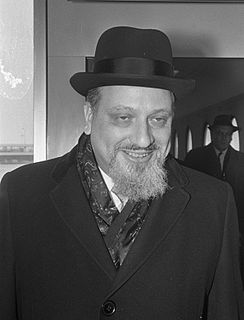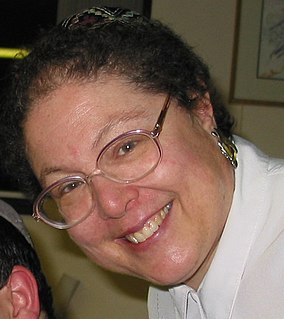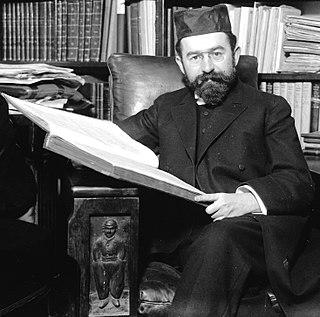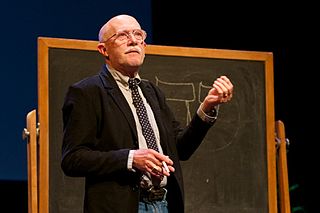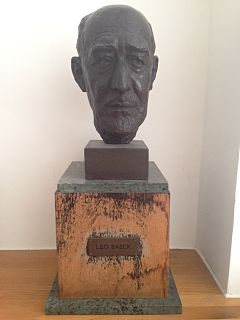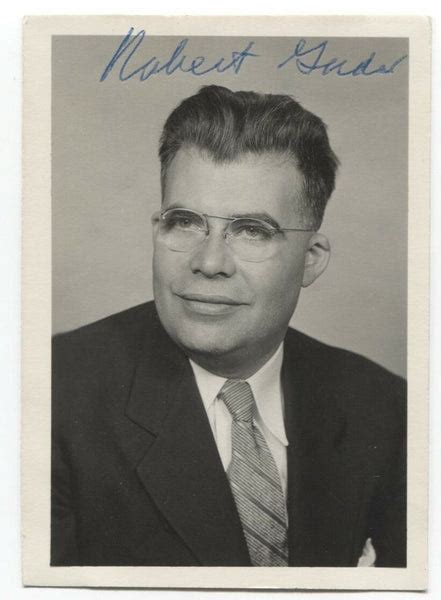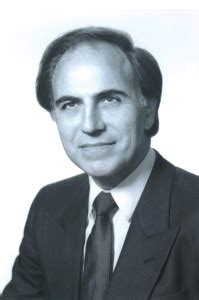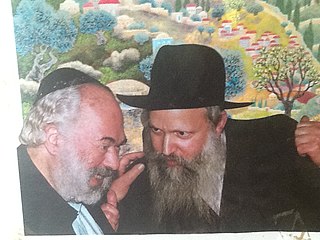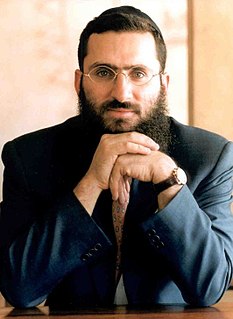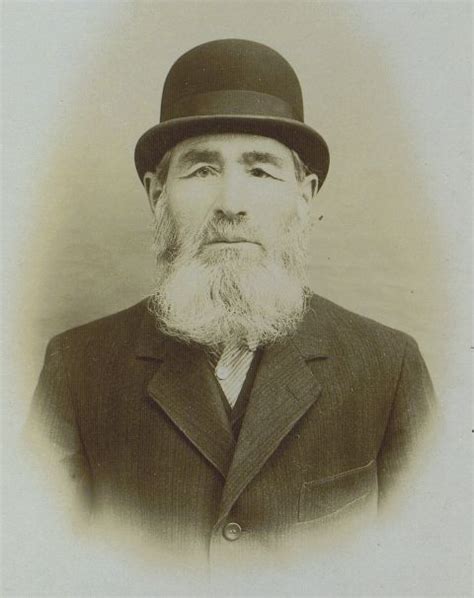A Quote by Abraham Isaac Kook
One whose soul does not wander in the expanses, one who does not seek the light of truth and goodness with all his heart, does not suffer spiritual ruins - but he will also not have his own self-based constructions. Instead, he takes shelter in the shadow of the natural constructions, like rabbits under boulders. But one who has a human soul cannot take shelter in anything other than constructions that he builds with his own spiritual toil.
Related Quotes
The world of men has forgotten the joys of silence, the peace of solitude, which is necessary, to some extent, for the fullness of human living. Man cannot be happy for long unless he is in contact with the springs of spiritual life which are hidden in the depths of his own soul. If man is exiled constantly from his own home, locked out of his spiritual solitude, he ceases to be a true person.
The Lord has blessed you with a testimony of the truth. You have felt His influence and witnessed His power. And if you continue to seek Him, He will continue to grant you sacred experiences. With these and other spiritual gifts, you will be able not only to change your own life for the better but also to bless your homes, wards or branches, communities, cities, states, and nations with your goodness.
The wise man does nothing but what can be done openly and without falseness, nor does he do anything whereby he may involve himself in any wrong-doing, even where he may escape notice. For he is guilty in his own eyes before being so in the eyes of others; and the publicity of his crime does not bring him more shame than his own consciousness of it.
The judge who sits over the murderer and looks into his face, and at one moment recognizes all the emotions and potentialities and possibilities of the murderer in his own soul and hears the murderer's voice as his own, is at the next moment one and indivisible as the judge, and scuttles back into the shell of his cultivated self and does his duty and condemns the murderer to death.
The dissident does not operate in the realm of genuine power at all. He is not seeking power. He has no desire for office and does not gather votes. He does not attempt to charm the public, he offers nothing and promises nothing. He can offer, if anything, only his own skin - and he offers it solely because he has no other way of affirming the truth he stands for. His actions simply articulate his dignity as a citizen, regardless of the cost.
It is God's earth out of which man is taken. From it he has his body. His body belongs to his essential being. Man's body is not his prison, his shell his exterior, but man himself. Man does not "have" a body; he does not "have" a soul; rather he "is" body and soul. Man in the beginning is really his body. He is one. He is his body, as Christ is completely his body, as the Church is the body of Christ
The gift list is thinking upon His goodness – and this, this pleases Him most! And most profits my own soul and I am beginning, only beginning, to know it. If clinging to His goodness is the highest form of prayer, then this seeing His goodness with a pen, with a shutter, with a word of thanks, these really are the most sacred acts conceivable. The ones anyone can conceive, anywhere, in the midst of anything. Eucharisteo takes us into His love.
The minister should preach as if he felt that although the congregation own the church, and have bought the pews, they have not bought him. His soul is worth no more than any other man's, but it is all he has, and he cannot be expected to sell it for a salary. The terms are by no means equal. If a parishioner does not like the preaching, he can go elsewhere and get another pew, but the preacher cannot get another soul.
In the absence of government each man learns to think, to act for himself, without counting on the support of an outside force which, however vigilant one supposes it to be, can never answer all social needs. Man, thus accustomed to seek his well-being only through his own efforts, raises himself in his own opinion as he does in the opinion of others; his soul becomes larger and stronger at the same time.
There is no such thing as a good influence. Because to influence a person is to give him one's own soul. He does not think his natural thoughts, or burn with his natural passions. His virtures are not real to him. His sins, if there are such thing as sins, are borrowed. He becomes an echo of someone else's music, an actor of a part that has not been written for him.
Mercy can purge the soul of sin, making room for a fresh start. Truth is vital in order that we have an unvarying standard by which to determine what we are to be and to do and what we are to rid ourselves of. All the cardinal virtues, therefore, carry their own intrinsic as well as outward reward. A merciful man does do good to his own soul.
